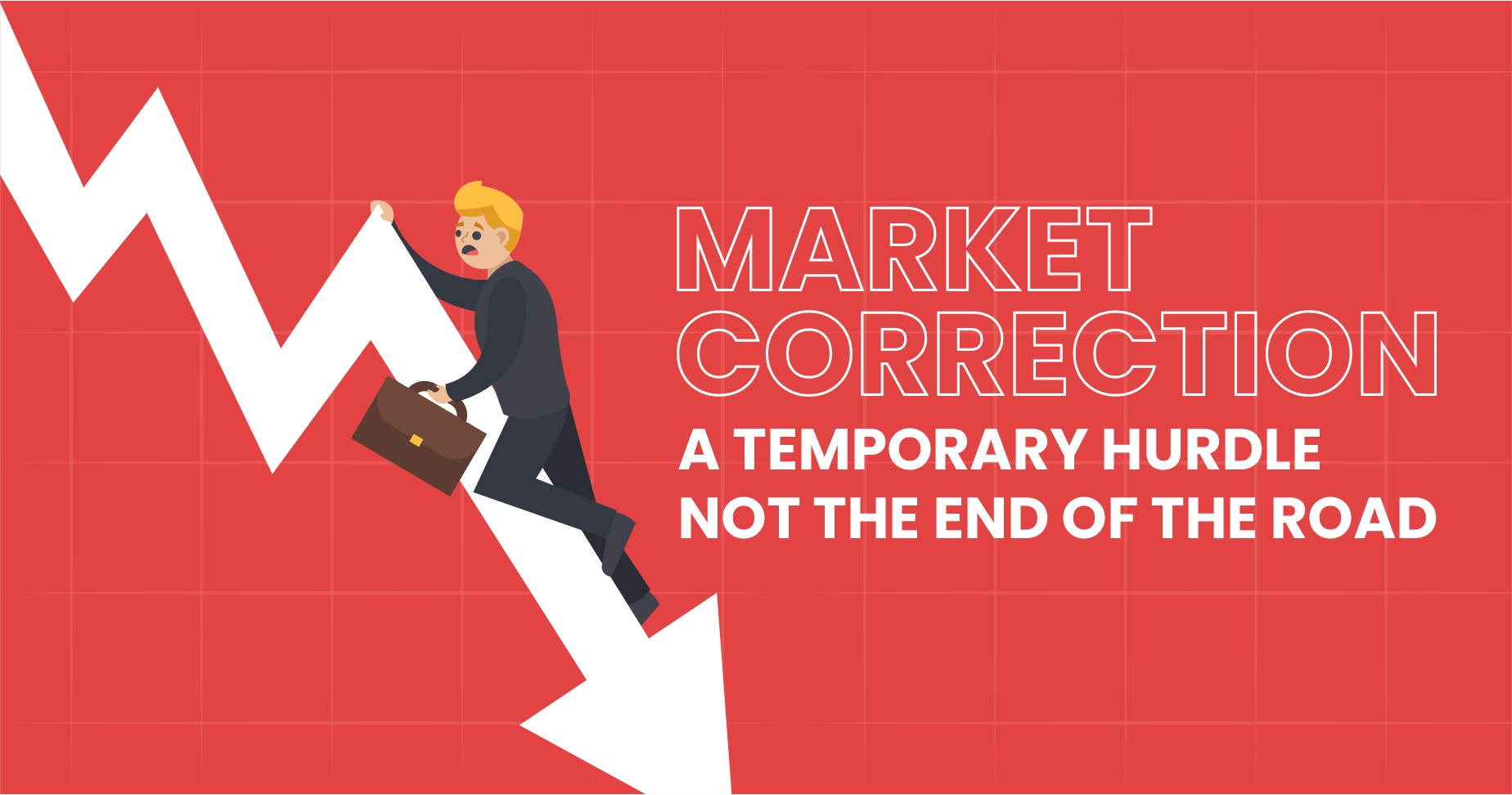Blog Details
Categories
RECENT POSTS
Thinking about redeeming mutual fund units?
Thinking about redeeming mutual fund units?
While everyone hopes that the fund they have picked constantly offers fantastic returns, this is not always possible. Every investment has both good and bad phases. Hence, exiting a fund when it becomes a laggard is an evitable exercise. But doing it carelessly can harm your long-term goals. For example, exiting a fund because of a short-term fluctuation in its performance is not the right way to go about it as the underperformance may be a temporary blip in its otherwise satisfactory long-term performance.
Hence, one must have a broad-based view of all the factors at play before taking the final decision. So what all factors should be taken into consideration before exiting a fund?
Factors to consider before redeeming mutual fund investment
- Comparison with peers and category benchmark
Compare the fund’s performance with its peers and the category benchmark to find out if the underperformance is a one-off case or the entire scheme category has fared poorly. It may so happen that the underperformance may simply be because of a feeble economic environment.
- Time period of underperformance
It's important to keep in mind that all investments involve some level of volatility and funds may underperform at times. But, if a mutual fund routinely performs poorly for more than 1 year as compared to its peers and falls short of its goals, it might be the time to rethink about the investment.
- Fund strategy
Every investment strategy passes through phases; thus, it's possible that it will perform poorly under specific market conditions. The investor must determine if the underperformance is the result of the investment style having temporarily gone out of favor or a general departure from the declared strategy. If it’s the latter, then exiting the fund would make sense.
- Change in the fund manager
The performance of the fund could be impacted if the new fund manager's investment style changes. Despite the fact that his/her decisions fall fully within the mandate, some may produce positive results while others may not. Unless the new manager totally deviates from the original investment mandate, it’s better to give him/her some time.
- Regulatory Changes
Sometimes, changes in regulations can have an impact on the fund's performance. For instance, SEBI’s Scheme Categorization and Rationalization mandate, the introduction of a 25% cap on large-cap, mid-cap, and small cap each for multi-cap fund portfolio holding, etc. These can cause underperformance of funds for some time as they adjust to the new regulations.
- Demerger and/or Merging of Asset Management Company (AMC)
AMCs may merge/demerge for different reasons and this can affect the performance. Unless the fundamental attributes of the schemes get altered because of the merger/demerger, the right thing to do is to stick with the fund and observe for some time.
The most crucial quality in investing is patience, especially during the times of sudden drops. But, it's crucial to restrain your emotions and avoid getting carried away by the market craze. Stick to your asset allocation plan and steer clear of market timing.
LEAVE A REPLY
Prudent Corporate Advisory Services Limited
AMFI Registered Mutual Fund Distributor
CIN: L91120GJ2003PLC042458
AMFI Reg No.: ARN-9992 (Date of initial Registration; 02 September 2003; Current validity of ARN -26 August 2025)| SEBI Stock Broker Reg.: INZ000293634 | SEBI Depository Reg.: IN DP CDSL: IN-DP-477-2020 | NSE Member Id: 90209| BSE Member Id: 6733 | SEBI Research Analyst Reg.: INH000018115 |SEBI Investment Advisor Reg.: INA000004906 | PFRDA POP Reg.: POP 10092018 | IRDA Corporate Agent Reg. No. CA0869
* Mutual Fund investments are subject to market risks. Please read all scheme related documents carefully before investing.
Prudent Corporate Advisory Services Ltd. (ARN-9992) makes no warranties or representations, express or implied, on products offered through FundzBazar.com. It accepts no liability for any damages or losses, however caused, in connection with the use of, or on the reliance of its product or related services. Terms and conditions of the website are applicable. Copyright © 2024 Prudent Corporate Advisory Services Ltd.

 FundzBazar Login
FundzBazar Login Broking Login
Broking Login
.jpg)
.jpg)







.png)


0 Responses